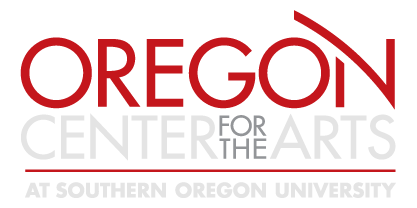The mission of the Music program at Southern Oregon University is to develop our students’ creative and technical abilities and prepare them to perform, teach, create, and support music-making in their communities throughout the world. We support music as part of a liberal arts education at Southern Oregon University by fostering the joy and discipline of learning, encouraging the exploration of diverse cultures, developing the ability to collaborate, and by preparing students to make music a meaningful part of their lives.
Music offers music majors and minors an integrated curriculum designed to teach the varied skills necessary for a professional career in music and to develop the student’s understanding and appreciation for the art of music. Coursework combines class and individual instruction by nationally and internationally renowned artists with innovative, computer-aided instruction. Curricular offerings are designed to enable highly motivated students with diverse musical backgrounds to become skilled musicians capable of making artistic musical contributions to society as performers, educators, composers, scholars, music-business professionals, and active supporters and appreciators of music.
The Music Program is fully accredited by the National Association of Schools of Music. The faculty is dedicated to promoting a positive, student-centered environment in which students-by performance, creative activity, research, scholarship, and teaching opportunities-develop the skills, independence of thought, and discipline to fulfill their musical aspirations.
The Outcomes of the Music Program:
- Know the theory, history, and repertory in the major area of study.
- Identify how specific technologies serve the student’s chosen field of music.
- Know the nature of professional work in music, including career development skills, teaching skills, and concert attendance.
- Demonstrate mastery of the core fundamentals, processes, elements, form, structures and styles of music.
- Perform a cross-section of the repertory in the major area of study.
- Collaborate on matters of musical interpretation including rehearsal and conducting skills.
- Perform individually and in ensembles with technical skills that produce artistic expression.
- Synthesize musical learning by actively thinking, speaking, and writing clearly and effectively about musical ideas and defending their views.

